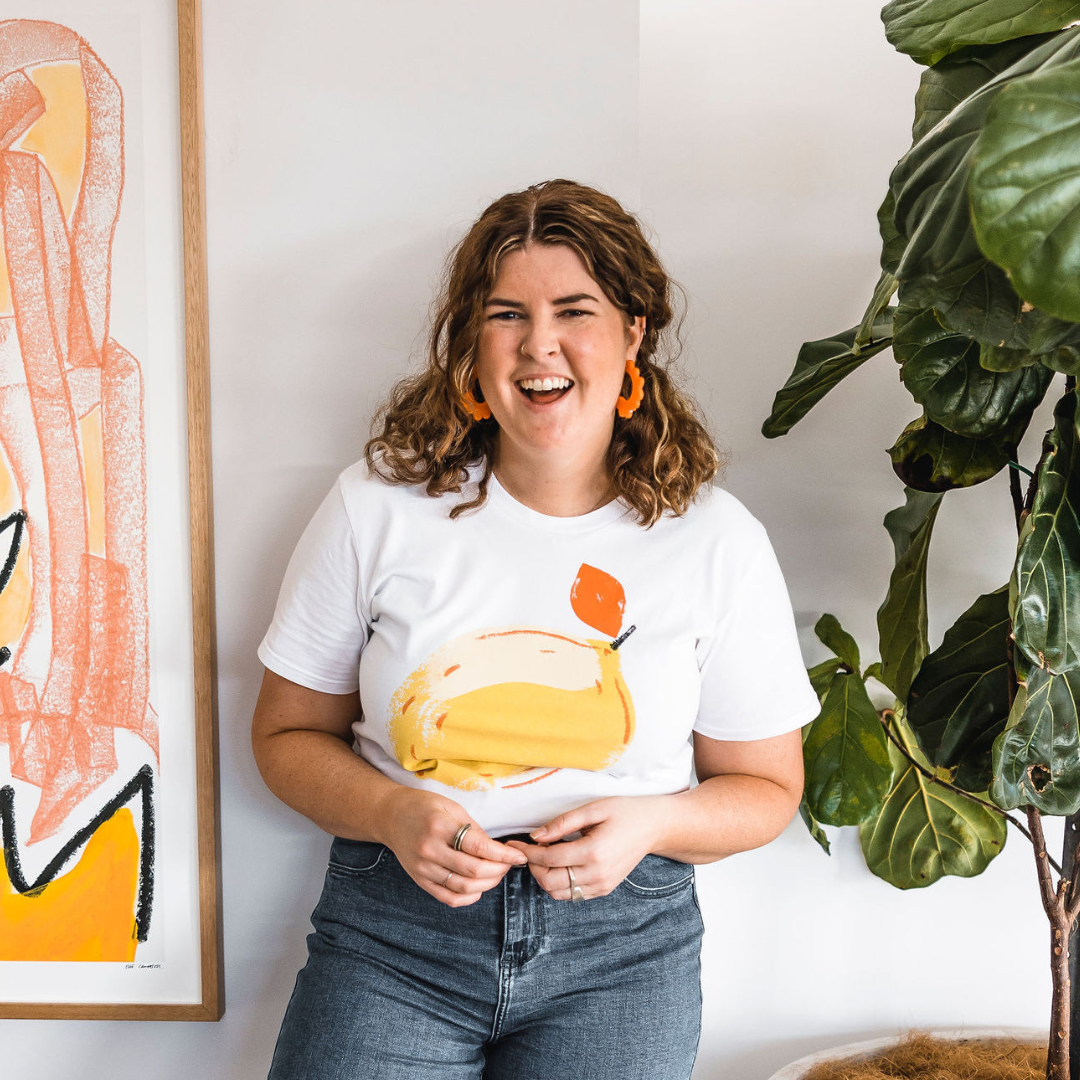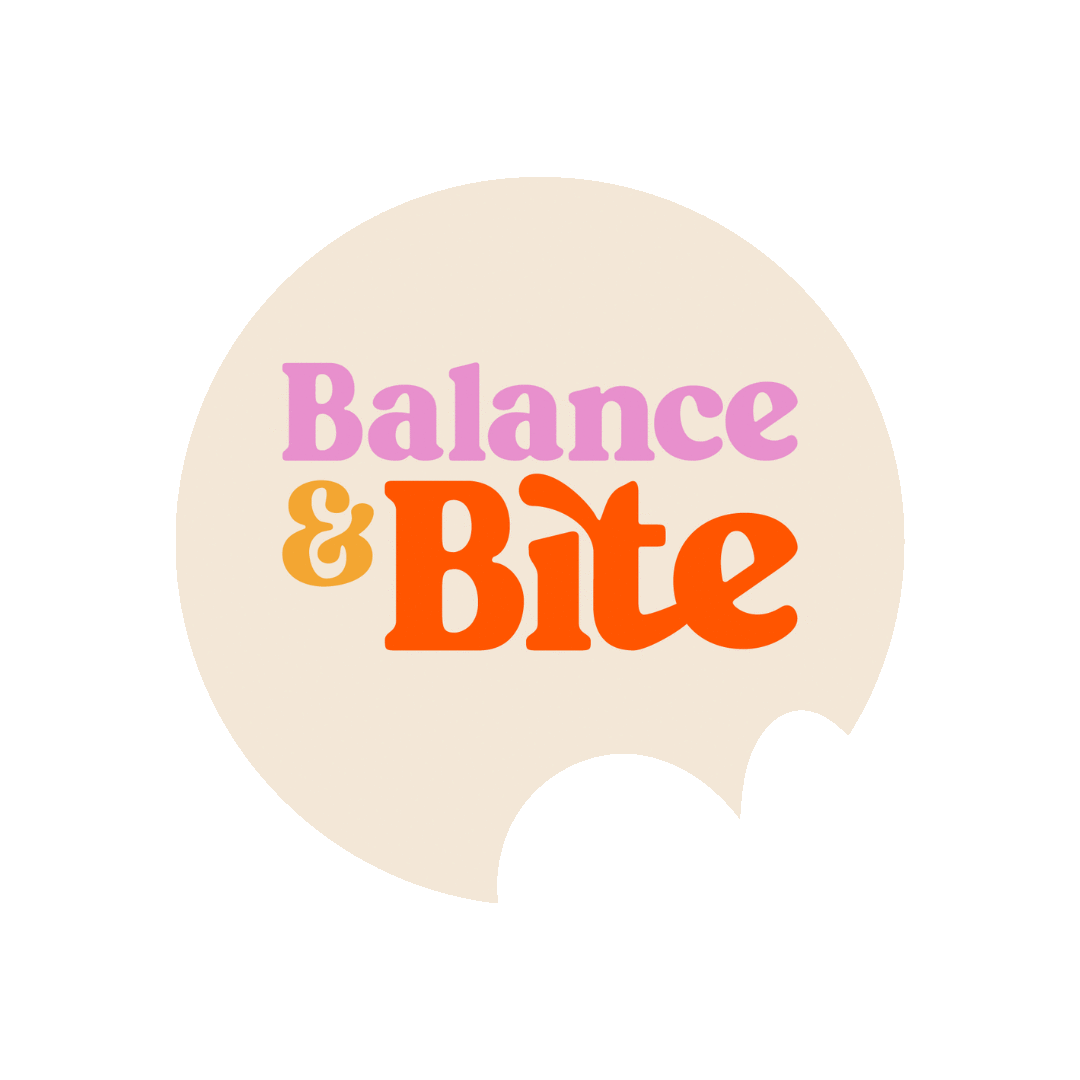If you’ve experienced binge eating, you’re not alone. Over one million Australians aged between 16-85 have experienced binge eating in their lifetime, with binge eating disorder now being the most common eating disorder.
As someone who’s struggled with binge eating for years, I know it can feel impossible to stop. Even with the best intentions to keep “bad” foods out of the house, buy healthy foods and have more willpower. But it is possible.
Wondering how to stop binge eating and take back control over food, follow the 10 intuitive eating tips I use with my clients as a binge-eating dietitian.
1. Honour your hunger
If we’re not eating enough (perhaps to lose weight), we’ll eventually become ravenous, eating whatever’s in front of us and lots of it.
In this case, we’re more likely to reach for higher calorie, sugar and fat foods (our “bad” and forbidden foods) to give us a quick boost of energy.
But because they’re forbidden or “bad” we think, “what the hell” I’ve broken my rule now; I might as well just keep eating them.
Make sure you’re eating regularly during the day and avoid getting overly hungry.
2. Set a reminder to eat every 3-4 hours
🍿 Picture this: You’re rushing from one meeting to the next, your stomach starts rumbling, and there’s not a snack in sight.
Sounds familiar? It’s like being on a long trek without water!
Here’s a binge eating hack you’ll love: Keep snacks stashed everywhere —your bag, your car, your desk, even your makeup bag!
Having quick, filling and satisfying snacks within arms reach means you’re always prepared, no matter how busy your day gets.
Your future self with thank you 👏
3. Pack a snack
Ever find yourself so hungry when you get home from work that you’re straight to the fridge or cupboard and find yourself eating anything you can get your hands on?
Yes? Then let me ask you 3 questions?
Did you eat breakfast?
How about lunch?
Any snacks?
I’m guessing those intense afternoon urges to eat anything in sight are a result of extreme hunger, not your emotions (or lack of willpower) like you’ve been led to believe
That’s why my 2nd tip in this 10 part binge eating series is to set a reminder to eat every 3-4*hours
*If this seems too often, can you start with a reminder to eat every 5-6 hours? (Perhaps that’s a significant change from the 10 hour gap between meals)
4. Make sure you have filling and satisfying foods in your house
Overwhelmed everytime you open the fridge? Here’s why 👇
One of the most common challenges my clients share is opening your fridge to find nothing appealing or easy to prepare?
This all-too-common scenario leads to skipped meals or emergency takeout.
The solution?
Stock up on easy, satisfying staples – hello cheese, ham, bread, and tomatoes.
A simple cheese toastie might just be the hero you need when you’re short on time or motivation.
5. Surf the urge
Next time you feel that intense and uncontrollable emotional urge to reach for food, do this.
Surf the urge 🌊🏄♀️
Just like waves in the ocean our urges gradually decrease in intensity and size with time until they fade into the sand
It’s called ‘urge surfing,’ and it can be a game-changer in managing emotionally driven binge eating
It’s simple in theory – use deep breaths, observe the urge without judgment, and let it pass – however can take some practice to master
Instead of turning to food in those intense moments, try this box breathing technique:
* Breathe in for 4 seconds
* Hold for 4 seconds
* Breathe out for 4 seconds
* Hold again for 4 seconds
That’s a total of 16 seconds that could help dial down the urge from a 10 to a more manageable 7 or 8.
6. Reframe the way you label foods
If you’re quick to label foods as good and bad, ask yourself “how do you feel when you eat “bad” foods”?
One of the main reasons we feel guilty, shameful and anxious about binge eating is that we perceive our binge foods as bad and internalise that we’re bad.
Rather than labelling a food as good or bad, find neutrality by saying what the food is instead. For example, instead of saying it’s chocolate and it’s bad, can you just say it’s chocolate?
7. Swap judgment for curiosity and compassion
Binge eating is not always a bad thing. There’s nothing wrong with using food occasionally to soothe our emotions and comfort us.
Rather than instantly labelling yourself as bad, a failure, or unhealthy for binge eating can you find compassion and curiosity?
Thank the food for being there when you’ve needed it, knowing it will be there again and that there’s nothing wrong with using food occasionally for emotional support.
Give yourself unconditional permission to eat
Have you noticed how you desire and think about your “forbidden foods” more than “healthy” foods?
When we’re not “allowed” certain foods or deprive ourselves, we want them more.
When we finally give in to temptation and eat our forbidden foods we’re more likely to binge or overeat them because we don’t know when we’ll allow ourselves to eat them again.
Giving ourselves unconditional permission to eat all foods, removes the sense of deprivation and intense control they have over us.
If feelings of guilt arise as you try to give yourself permission to eat forbidden foods gently remind yourself “It’s not good or bad, it’s just food and I am allowed this food at any time”
Self-care
If we’re sleep deprived, overworked, or have no time for ourselves and the things we enjoy, we’re more likely to turn to food for comfort.
When our basic needs aren’t being met, food becomes a distraction to avoid the areas of life we actually need to focus on.
Make sure you’re putting yourself first, rest and seek professional help if you’re struggling with persistent negative emotions
Bonus Tip – Ditch your desire to lose weight
Our diet mentality and pursuit of thinness are usually the culprits for all of the above.
As long as we’re trying to shrink our bodies by avoiding certain foods, avoiding uncomfortable emotions and not eating enough, we’re more likely to binge eat. Keeping us stuck in a binge-restrict cycle.
This can of course is easier said than done. Be patient, curious and compassionate with yourself as you start to ditch your diet mentality and accept the body you’re in.
Read this article for practical tips to get over your fear of weight gain.
Looking for support for binge eating?
At Balance and Bite, we specialise in treatment for binge eating disorder, offering an approachable, evidence-based and individualised approach to helping your feel in control around food again. Taking The Guilt, Shame And Fear Out Of Binge Eating
Book a discovery call or get in touch to learn how we can help stop binge eating.


Erin’s an Accredited Practising Dietitian & Certified Intuitive Eating Counsellor. She uses a non-diet approach and weight-inclusive care to help her clients reclaim a healthy relationship with food and their bodies free of guilt, shame and restriction.










View comments
+ Leave a comment